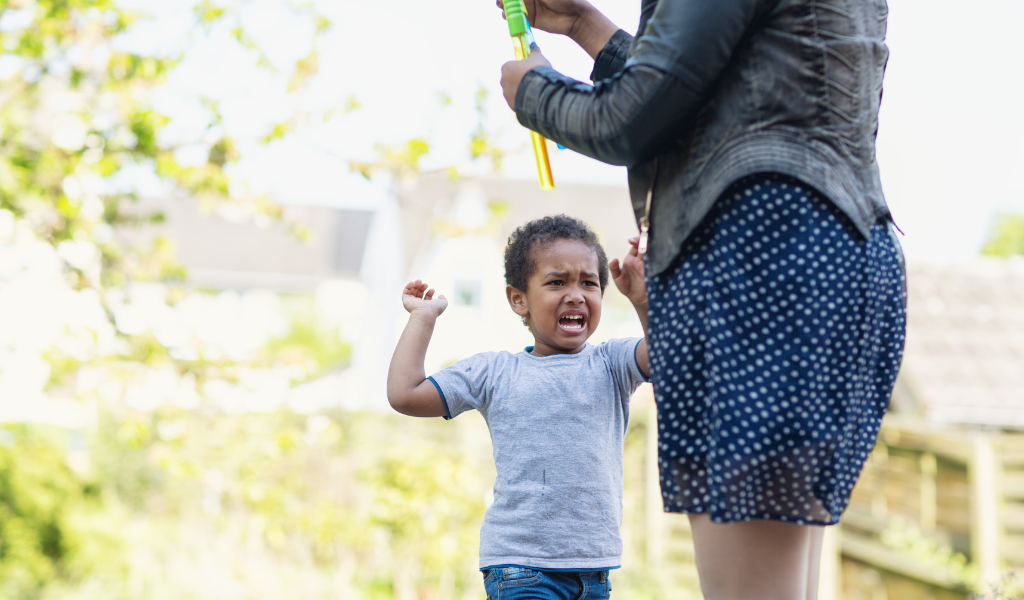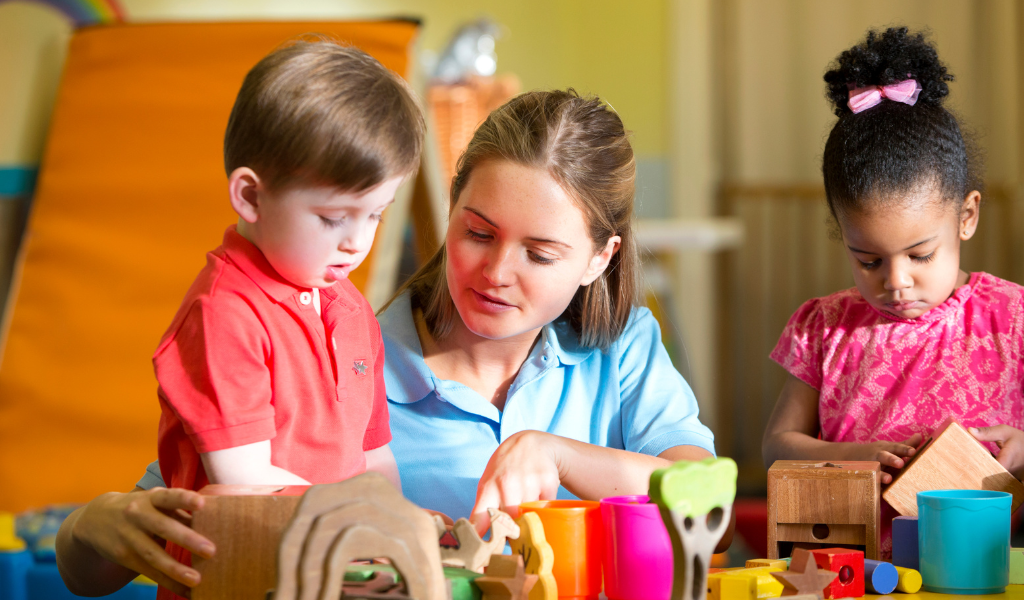In this blog, we turn to Dr Maryhan Munt, psychologist and parenting expert, who gives us her insight and tips on building your skills to support you in dealing with challenging behaviour in young children.
Children live very much in the moment, which can lead to some less than desirable behavioural choices. These choices give us a sneaky glimpse into their inner world – we just need to be skilled at reading them. Knowledge is not only power. It allows us to respond in the most compassionate way, whilst also maintaining boundaries of acceptable behaviour.
So, what’s the knowledge gap which will help us bridge the divide?
I think the first thing we need to remember is that children live their lives very much in the present moment – playing with this toy, watching this programme, finishing this game. It is why they feel things so intensely. Their ability to delay gratification doesn’t typically develop until around the age of five – remember Mischel’s Marshmallow experiment? So their responses are very much focused on the here and now, not later.
It is my wholehearted belief by focusing on four core skills we can better equip children to make more appropriate choices, therefore minimising challenging behaviour.
Children often have a very limited vocabulary when it comes to expressing their emotions. It’s no wonder they lash out – they simply don’t have the vocabulary to communicate how they are feeling – let alone communicate their needs. Teach them all the subtle nuisances of the word angry – frustrated, irritated, jealous, scared, nervous etc AND how this emotion typically expresses itself in their body. Reinforce emotional vocabulary by talking about your feelings and how you notice these feelings in your body.
Children need their emotions validated – even when they make poor behavioural choices. As educators and child carers this must be the first thing we say, before anything else. “I can see you are frustrated Jack – you are finding it really difficult to solve the puzzle and feel frustrated it’s taking so long to work out” “Lucy, I can tell you are disappointed Jemima won’t let you join in her tea-party with her teddys – you would love to join in”. When we meet children where they are at and respond to the emotion behind the behaviour, they feel heard, validated AND they are much more likely to listen to our response more calmly. Then we can move on to help them make better choices next time, once those big feelings have subsided.

Rather than racing in to fix things. Encourage children to work out what they might need in each moment – once the intensity has died down. Children who struggle with this can be given options – would it be helpful to sit and read a book, or would you prefer to do some drawing, do you need to get out and run around, or would you rather sit quietly and play with the building blocks?

One of my most favourite activities to help children become more self-aware of their emotions, problem solve and build their own toolkit is called “When I feel…”. The activity consists of three simple statements – When I feel – requires an emotion, I May, requires a list of behaviours which the child displays when they feel that emotion, and I Need requires the child to problem solve what might help them in the moment they experience that emotion.
Don’t miss Maryhan’s live webinar and Q&A session. Click HERE to book.
Dr Maryhan Munt is an experienced psychologist and parenting expert. For over 15 years she has been supporting children struggling with low confidence and anxiety.